Travel in 2025 has become smarter, faster, and far more intuitive than ever before. From AI-powered trip planners to language translation tools and digital boarding passes, smart travel apps are simplifying how we explore the world. Whether you’re heading to the misty hills of Munnar or the beaches of Bali, technology ensures every part of your journey runs smoothly — from booking to boarding to bedtime.
If you’re ready to plan stress-free adventures, here’s how you can make the most of these innovations.
🧳 Smart Travel Apps: The New-Age Travel Companion
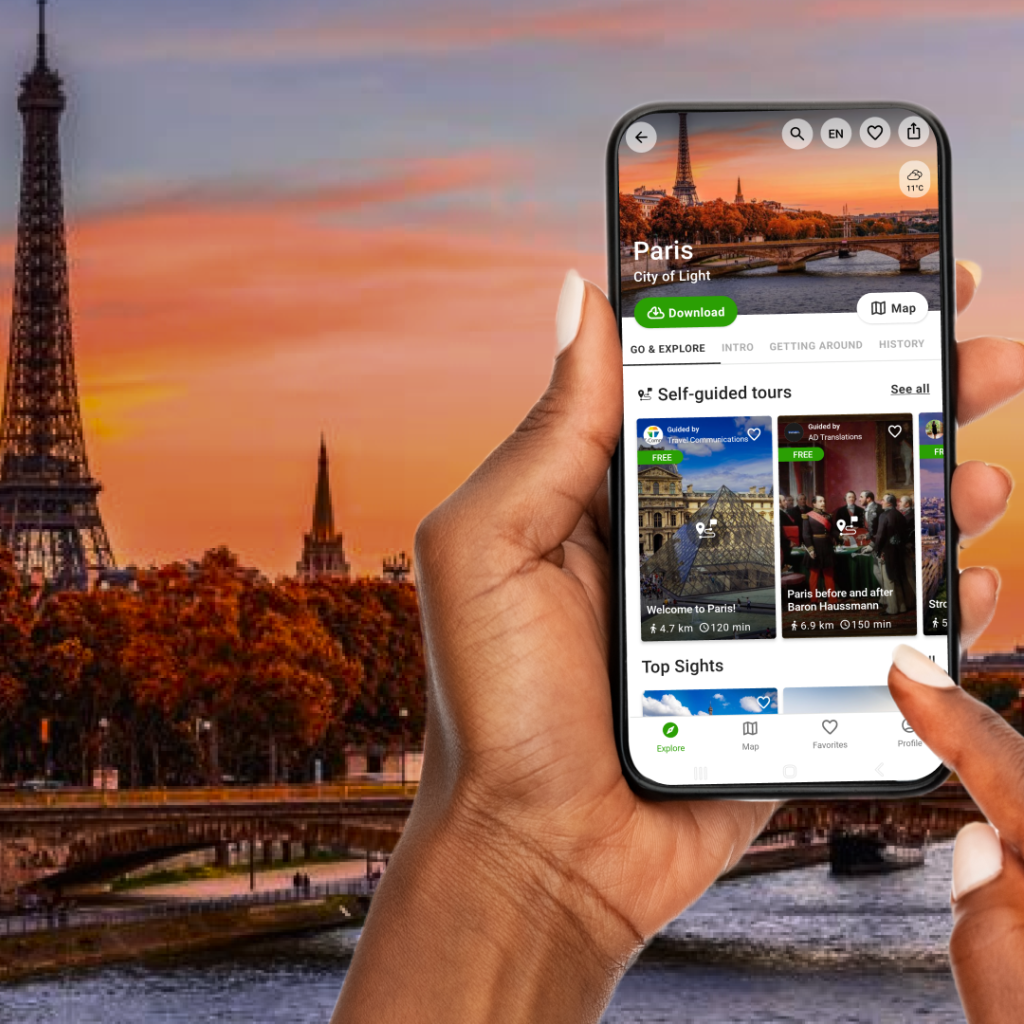
Gone are the days of juggling printouts and spreadsheets. Today’s smart travel apps integrate planning, booking, navigation, and recommendations in one sleek interface. These platforms use artificial intelligence (AI) and machine learning to study your preferences — where you’ve traveled, your budget, favorite cuisines, and even your travel pace — and generate tailored itineraries within seconds.
Tools like Hopper and TripIt analyze millions of data points to suggest the best flight deals and hotel stays. Hopper, for instance, predicts flight price changes with up to 95% accuracy, helping travelers book at the perfect time (hopper.com). Similarly, TripIt organizes bookings automatically by scanning your confirmation emails — a lifesaver for multi-city travelers (tripit.com).
Traveler Tip: Start by syncing all your travel documents and bookings in one app. It will help you manage check-in times, local transport, and even weather updates without switching between tabs.
🌎 AI Travel Assistants: Personalizing Every Moment
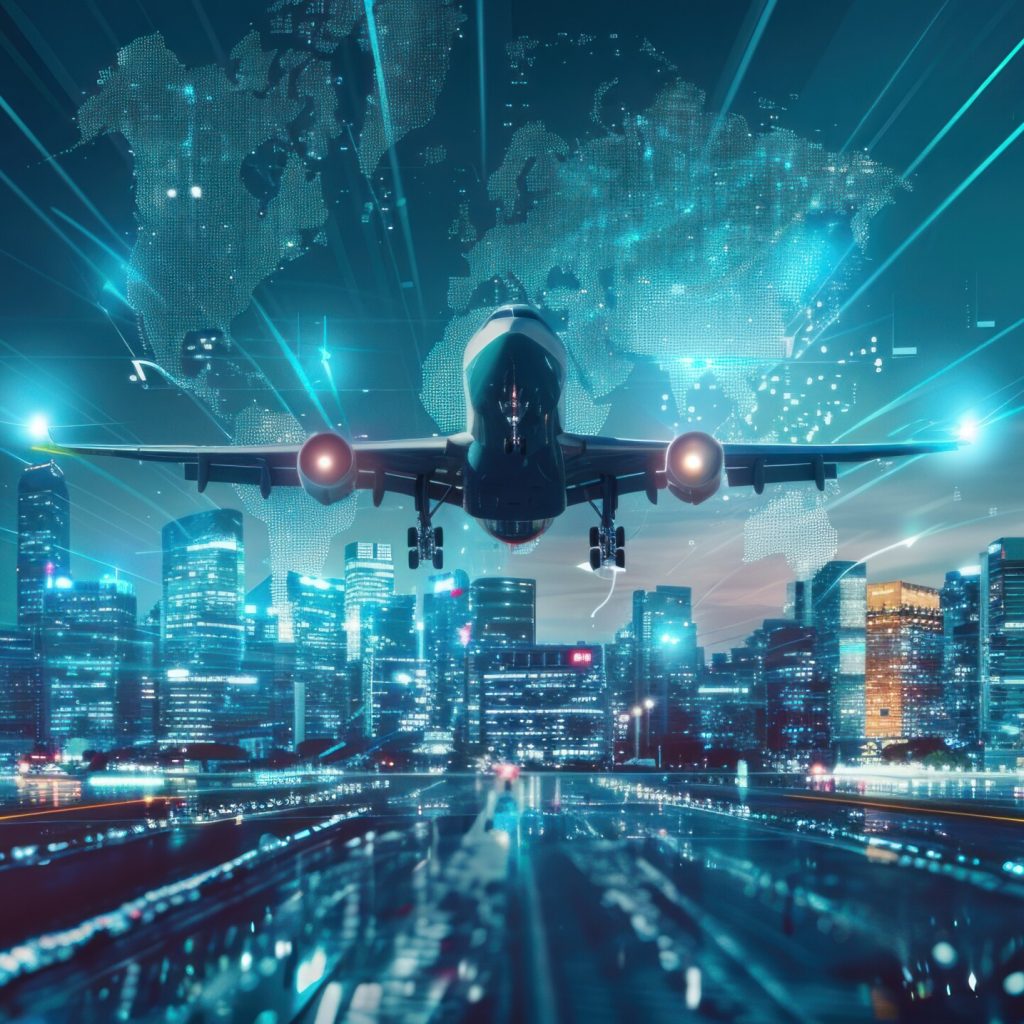
AI-powered tools have become the brain behind smart travel apps. Modern travel assistants like Google Travel and ChatGPT travel plugins offer real-time suggestions on where to eat, shop, and explore — all based on your location and mood. They even adjust recommendations if it rains or if a museum suddenly closes.
For example, Google Lens allows travelers to translate menus, identify landmarks, or find similar destinations using just a photo (blog.google). Meanwhile, travel planning apps like Mindtrip.ai combine AI and social curation to give travelers curated experiences based on emotion, not just logistics (mindtrip.ai).
Traveler Tip: Before your trip, allow your travel apps to access your preferences — from cuisine types to mobility needs. The more the AI knows, the smoother your journey becomes.
✈️ Hassle-Free Booking and Real-Time Updates

Flight delays, sudden cancellations, or missed connections can be stressful, but smart travel apps minimize the chaos. AI-enabled booking systems now offer real-time rebooking, automated refund claims, and live notifications. Apps like Skyscanner and Kiwi.com provide flexible ticketing options and alerts for gate changes or baggage rules.
Meanwhile, hotels are embracing digital guest management tools. Apps like Marriott Bonvoy and Hilton Honors allow mobile check-in, digital room keys, and personalized recommendations based on your loyalty profile (marriott.com).
Traveler Tip: Always enable push notifications on your travel apps. Instant updates help you act quickly — especially during high-season travel or airport rush hours.
🌐 Smart Navigation and Language Support
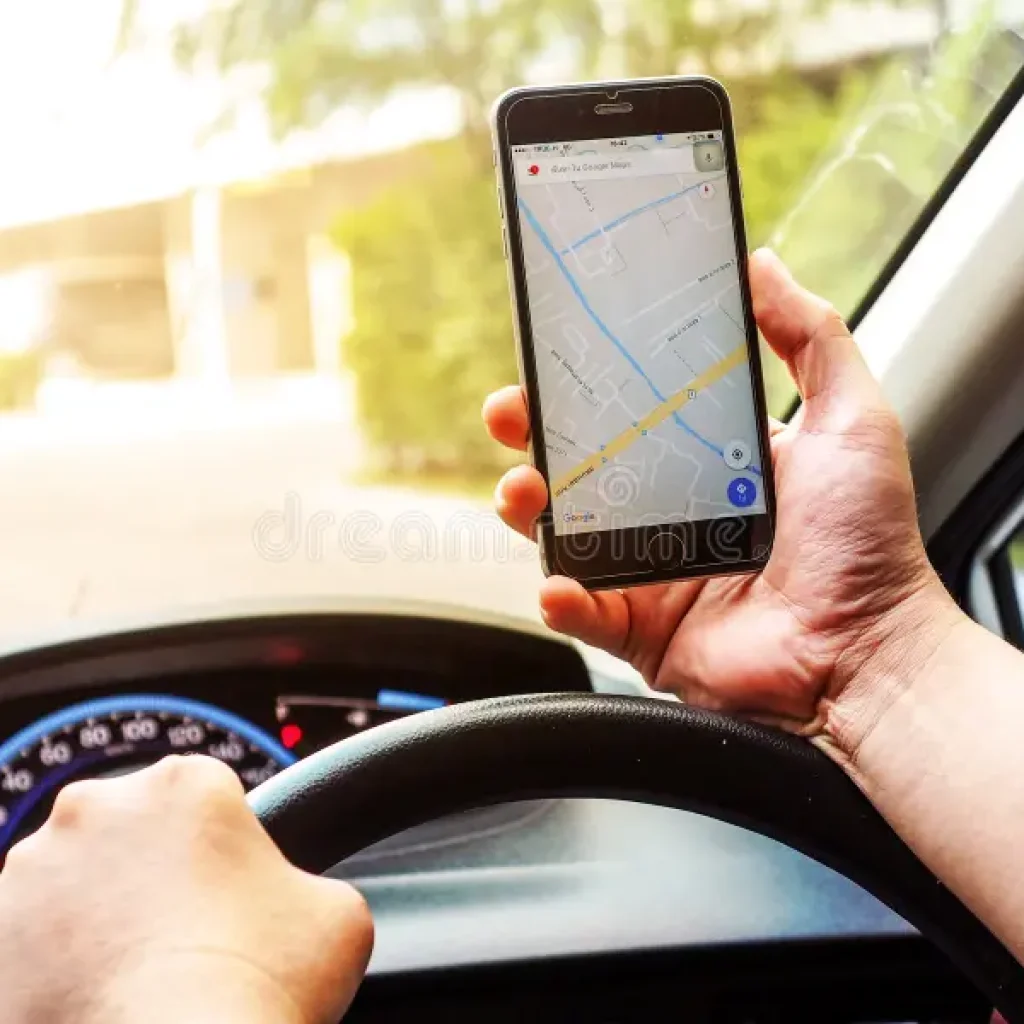
Navigating unfamiliar cities is now effortless thanks to smart navigation and translation apps. Google Maps and Citymapper have integrated live public transport updates, AR walking guides, and offline maps — making it nearly impossible to get lost. Rome2Rio, on the other hand, compares multiple routes and modes of transport, showing how to reach any global destination efficiently (rome2rio.com).
Language barriers have also faded. DeepL, Google Translate, and iTranslate Voice now translate spoken language instantly, helping travelers order food, negotiate taxis, or interact with locals with ease.
Traveler Tip: Download offline versions of your favorite apps before you travel. Connectivity may vary, but your digital guide will always be ready.
🏨 At the Hotel: Smarter, Greener, and More Personalized

Modern hotels are integrating their own smart technologies. In 2025, digital concierges powered by AI chatbots can handle everything from check-ins to spa bookings. Hotels like CitizenM and YOTEL use voice-activated room controls and tablet interfaces to personalize lighting, temperature, and entertainment.
Some eco-resorts even use apps that track your energy and water usage, rewarding you for sustainable choices (forbes.com).
Traveler Tip: Ask if your hotel has a companion app. Many allow you to pre-select preferences before arrival or even chat with a virtual concierge for special requests.
🌟 Making the Most of Smart Travel Apps
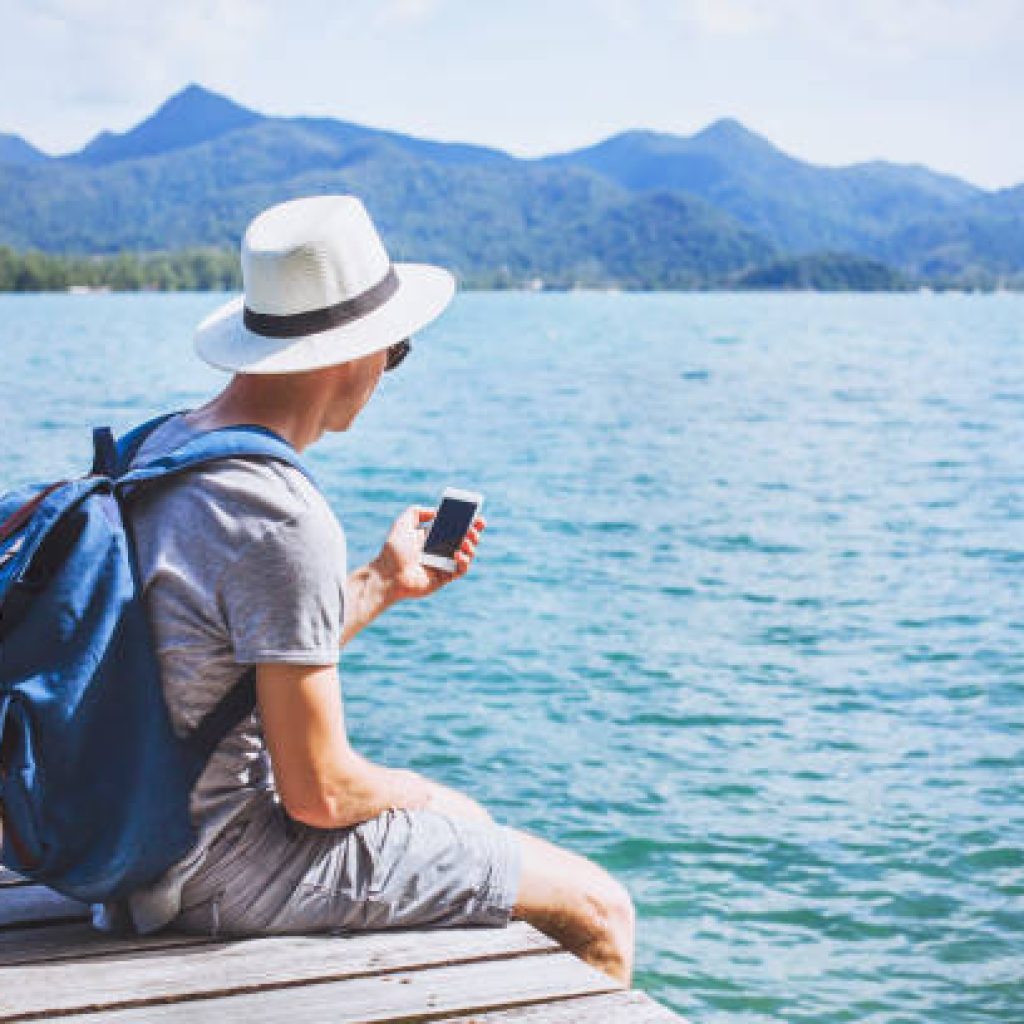
Here’s how to fully embrace the smart travel revolution:
- Consolidate your tools. Use one primary travel app to avoid confusion and syncing issues.
- Enable AI recommendations. Let technology suggest routes, restaurants, and attractions.
- Stay logged in. Apps perform best when they have real-time location and booking data.
- Balance tech with instinct. Technology enhances experiences — but the best travel memories still come from spontaneous moments.
- Protect your data. Use VPNs and secure networks when accessing apps abroad.
🧭 The Future of Seamless Travel
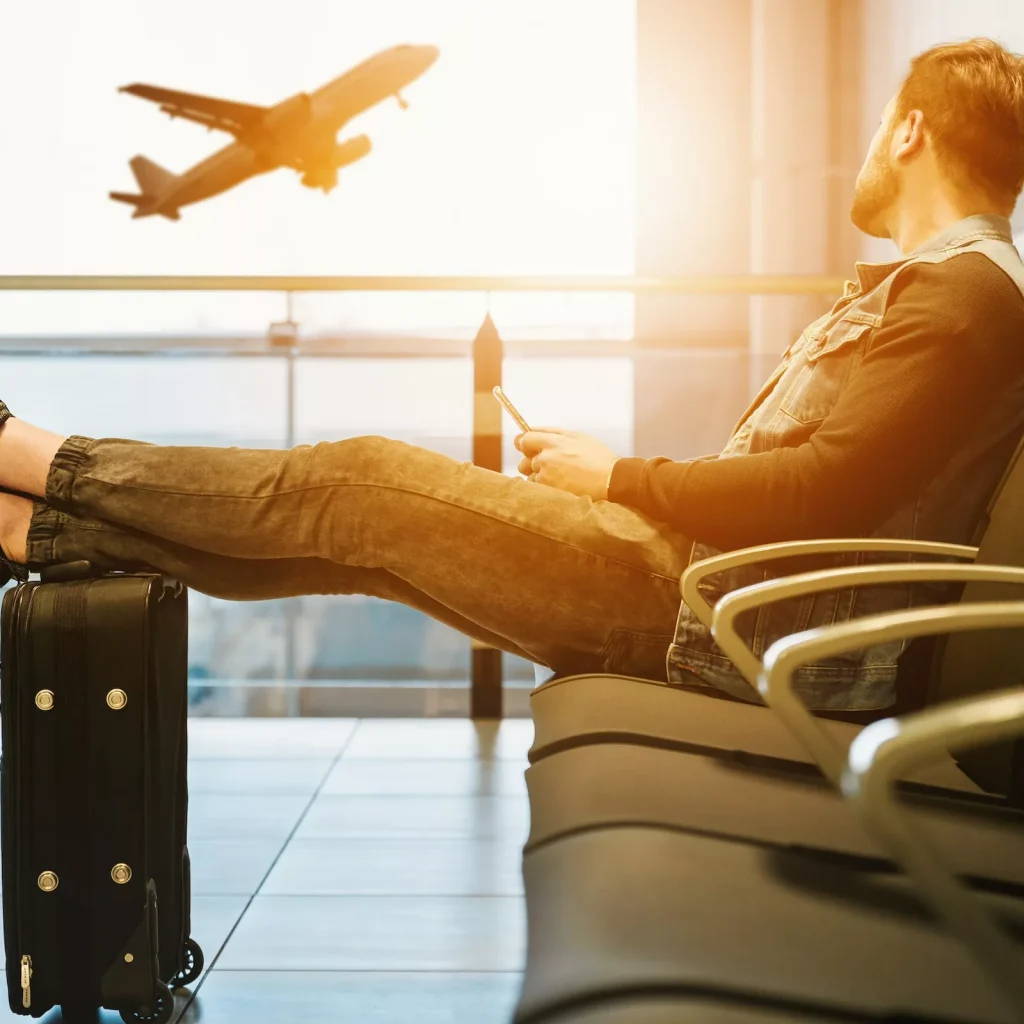
As smart travel apps evolve, they’re merging convenience with creativity. From personalized itineraries to predictive weather routing, technology is eliminating traditional travel stress while opening doors to deeper experiences.
In the coming years, expect to see AI-driven sustainability scores, virtual travel previews, and predictive crowd-avoidance tools. The smarter travel gets, the freer we become to truly explore.
To read more about modern travel innovations and destination insights, visit our Planet Earth Holidays Blog — your window to the world of smarter, sustainable adventures.
Smart travel apps are no longer just tools; they’re your personal co-pilots in discovering the world — one effortless journey at a time.


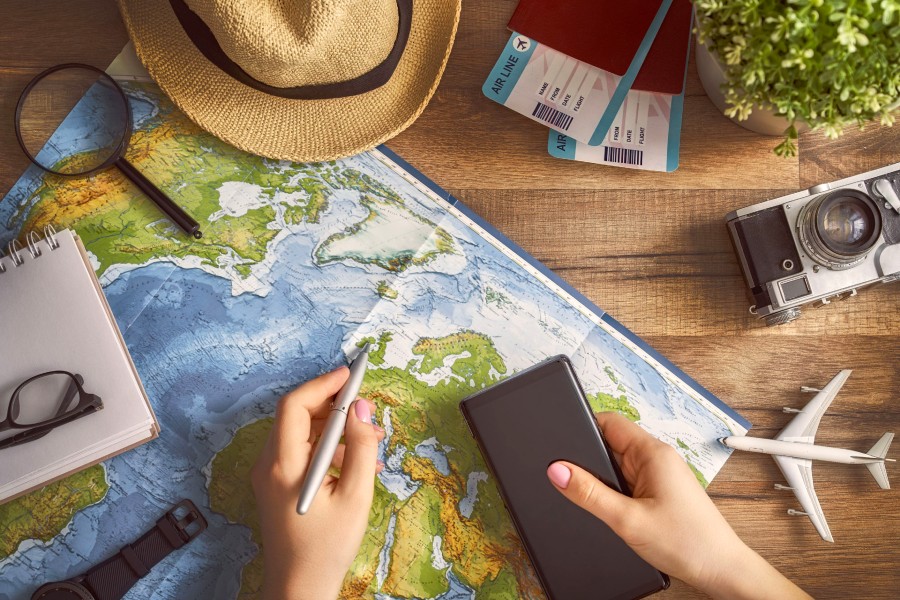
0 Comment